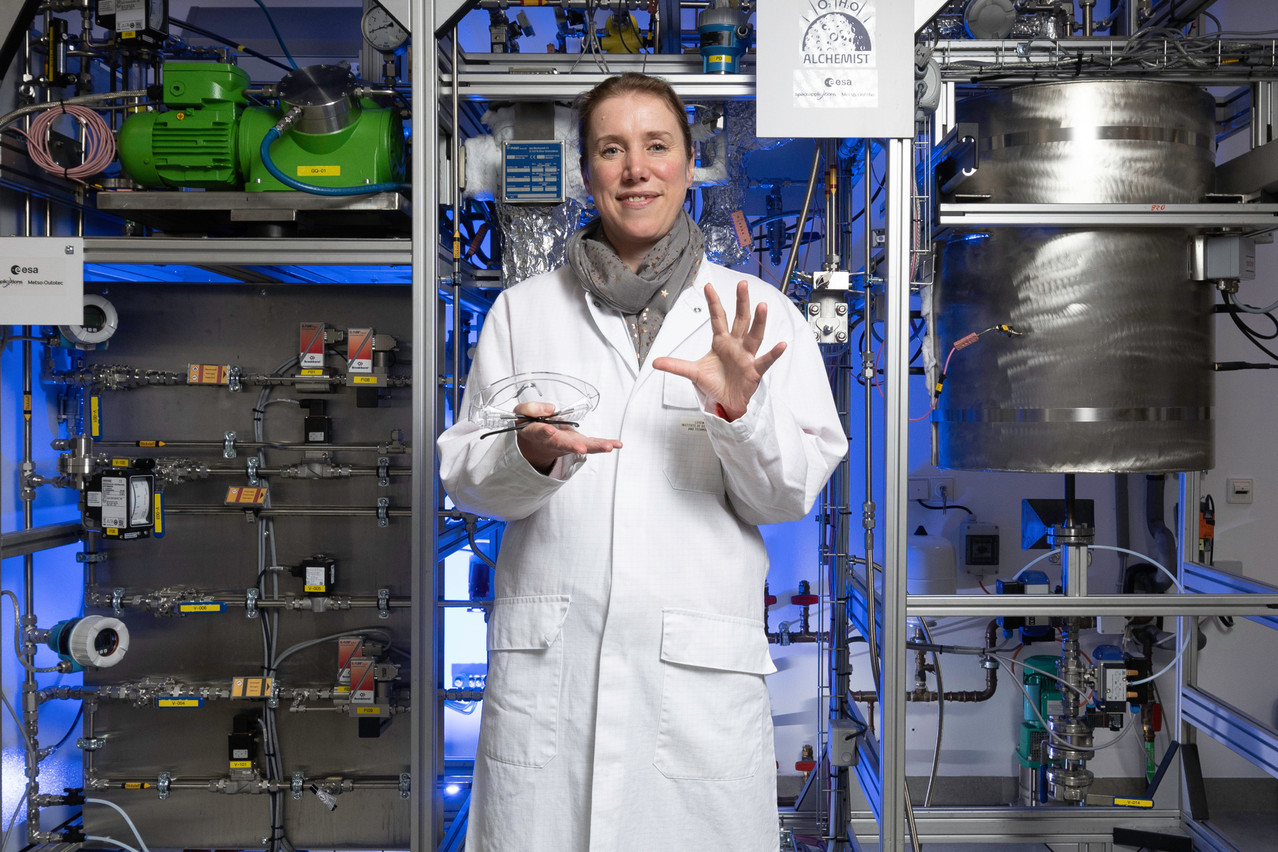With an estimated 450 people on-site and another 900 following the livestream, Space Resources Week kicked off on 19 April with a series of introductory speeches, most of which touched the same theme: the commercialisation of space.
“The commercialisation of space activities is one of my priorities for ESA,” said Josef Aschbacher, director general of the European Space Agency (ESA). “And [commercialisation is] one of the challenges in Europe, if we want to accelerate the utilisation of our knowhow and space capabilities for the benefit of our societies at large.”
The director general added that space resources in particular is a domain where private and public sectors can come together in order to--“through a more commercial-minded approach” and “with the aim of opening up new markets”--accomplish goals such as securing Europe’s place in the overall project of space exploration.
Bernhard Hufenbach, ESA’s head of strategic planning, stressed the importance of investing in space resources (i.e., in the technologies and ecosystem necessary to utilise them). He drew attention to how space resources can enable a more sustainable space exploration, since off-Earth transportation and infrastructure can be run more efficiently if extraterrestrial resources are used.
“But in order to do that,” he went on, “in order to find this transition to more sustainable exploration, we need to follow a radically different approach than what we’re doing today.” His message echoed that of his colleague: “the level of investment, the level of innovation and the speed we need to develop this field requires a fully commercial approach.”
In line with this emphasis, the European Space Resources Innovation Centre (Esric) last weekend, a hackathon in which teams develop and pitch a technology business proposal related to using space resources. Part of the criteria is that the idea be economically viable.
“It requires a community”
“This is not something that can be achieved by one space agency, one company, one country alone,” said Esric director Kathryn Hadler, referring to the broad goal of maturing the space resources ecosystem and invoking the theme of the conference, synergy. “It requires a community. It requires us all.”
Gerald Sanders, Nasa expert on in-situ resource utilisation, nodded at the theme as well: “We are trying to think about creating industries and ecosystems and commercialisation.”
And economy minster (LSAP) added: “Over the next five years, we will continue our efforts to develop the Luxembourg space sector as a vector of diversification of the Luxembourg economy,” stressing also that the sector is also important in improving the sustainability of activities on Earth as well.
